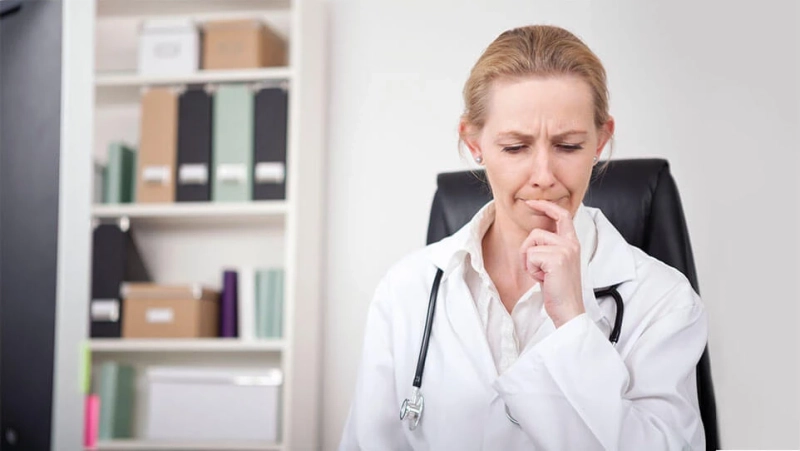Adapting into a new phase of life could be daunting. But menopause might come as a form of liberation. The average age is 51 years and 60% women experience common mild symptoms. These can last for several years and cause little disruptions to life. For some, it might take place earlier (before turning 40). Each person transitions in a unique manner. However, here are the common things to learn if you are about to hit menopause.
Symptoms of Menopause
The various physical and emotional symptoms can start right before the last cycle. Pay close attention to the following changes.
- Hot flashes leading to heat sensations and red patches in the upper body.
- Vaginal itching, burning and flakiness.
- Less regular period that could be too heavier or lighter.
- A reduction in the chances of conceiving.
- High blood pressure due to salt sensitivity
- Severe night sweats or chills leading to insomnia.
- Sore, tender or less full breasts
- Weakening of the pelvic floor muscles
- Urinary tract infections and pains.
- Reduced sex drive or inability to perform well.
- Significant weight gain but reduced bone thickness
- Dry skin or thinning of hair
- Changes in the skin texture with acne outbreaks
If the menopause begins as late as 55 years, a woman might have high chances of endometrial cancer and breast cancer. Although some might not face any symptoms, you should pay attention to these in the last 40s.
Causes of Menopause
There are no specific causes of menopause since it is not an illness. It simply marks the end of your menstrual cycle. But the body begins to undergo several changes due to low levels of progesterone, estrogen, testosterone, luteinizing hormone (LH) and follicle-stimulating hormone (FSH). This is a natural women health change along with noticeable symptoms experienced by all. However, it can also be caused artificially, in case the ovaries are removed. This could be termed as ‘early menopause’ in case the surgery is done while young.
Treatment of Menopause
Menopausal hormonal therapy can be performed to reduce and relive the symptoms. This is most effective within the first 10 years of entering the phase. Additionally, there are various menopause treatments for different symptoms. For example, skin creams for acne, medication for hair loss and lubricant gels for vaginal dryness and painful intercourse. Women can take measures to control anxiety and topical creams to keep away unwanted hair growth.
A few alternative therapies include wearing loose breathable fabric to stay cool, indulging in physical activities to manage your weight and avoiding warm food always. Also, manage your sleep patterns and practice yoga and meditation regularly.Menopause is nothing to worry about. While some face severe after-effects, most undergo bearable ones. Adopting effective steps can lighten your mood and keep discomforts at bay.



